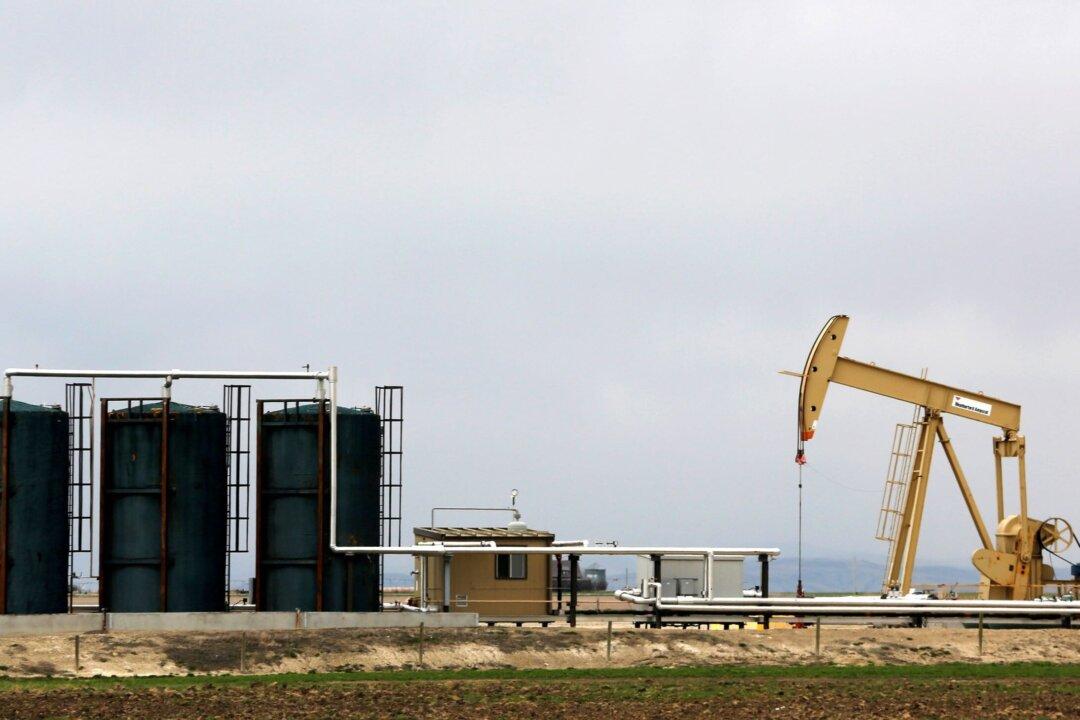EDMONTON—Alberta Premier Danielle Smith has pointed to comments made by the CEO of Enbridge Inc. as a solution to improving the economy and contributing to climate change efforts.
In a social media post on Oct. 6, Premier Smith quoted Greg Ebel, CEO of the Calgary-based multinational pipeline and energy company, as saying, “If used to displace coal in Asia and eastern Europe, Canadian natural gas would have a tremendous impact on reducing global emissions.”





